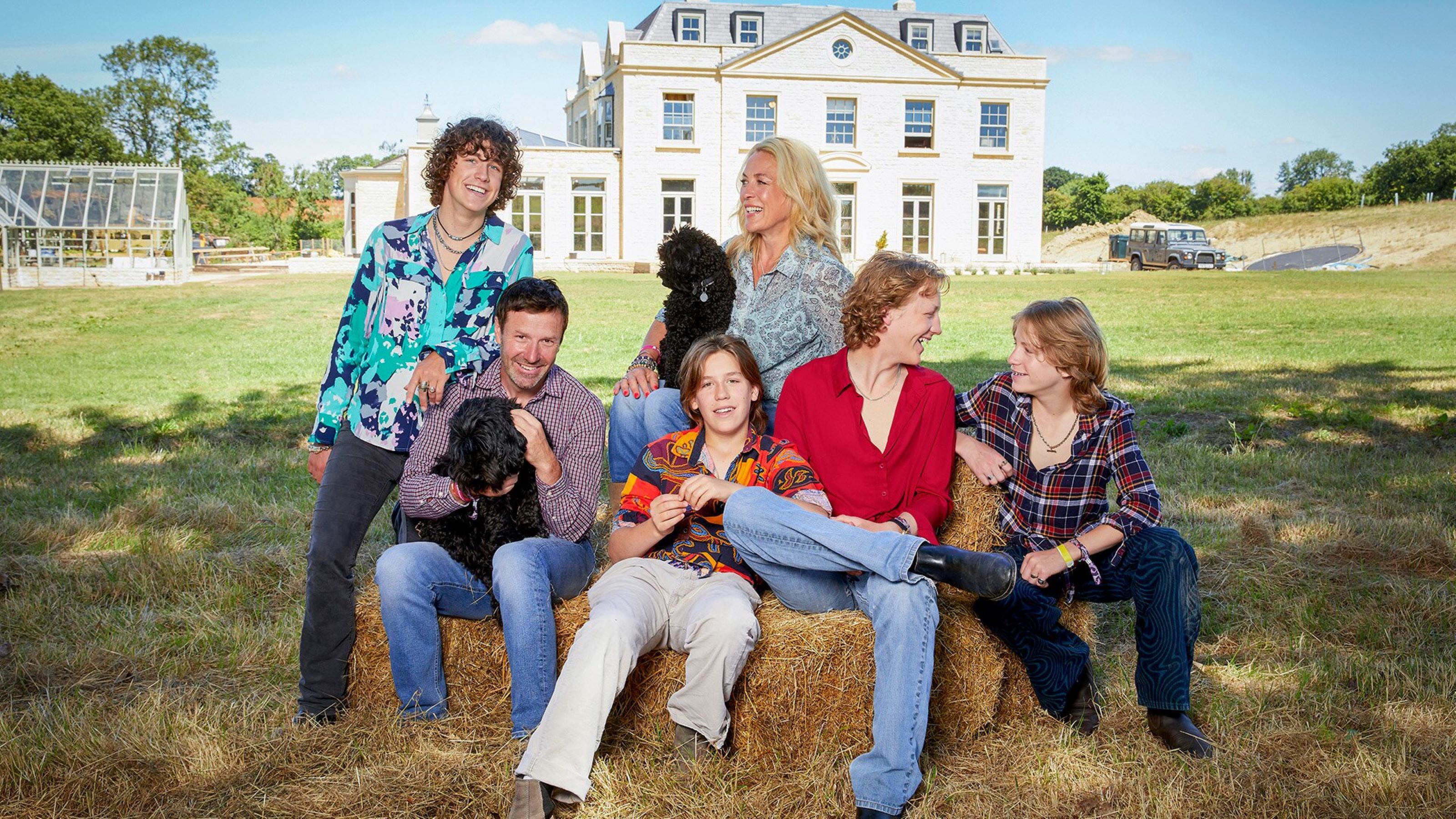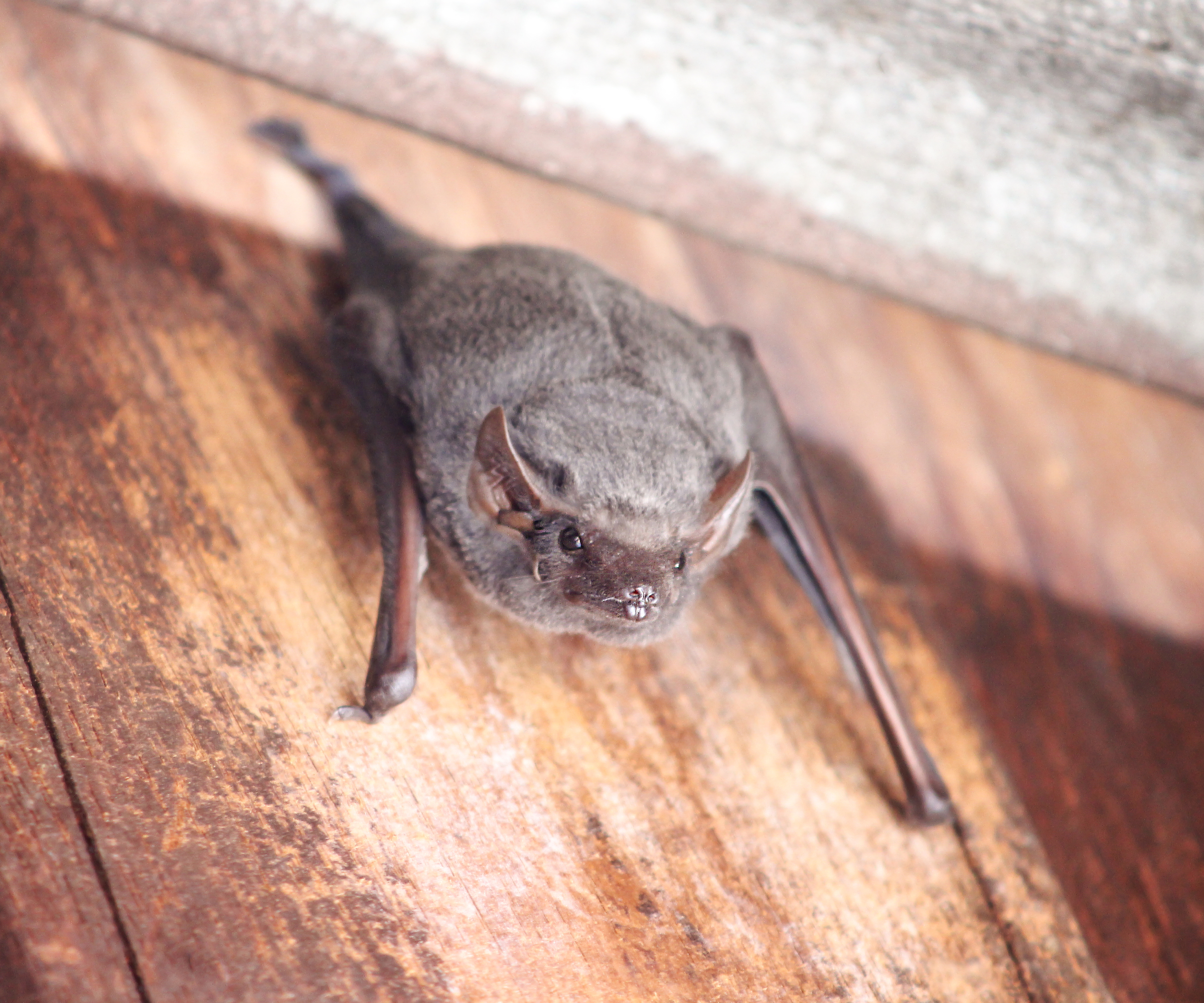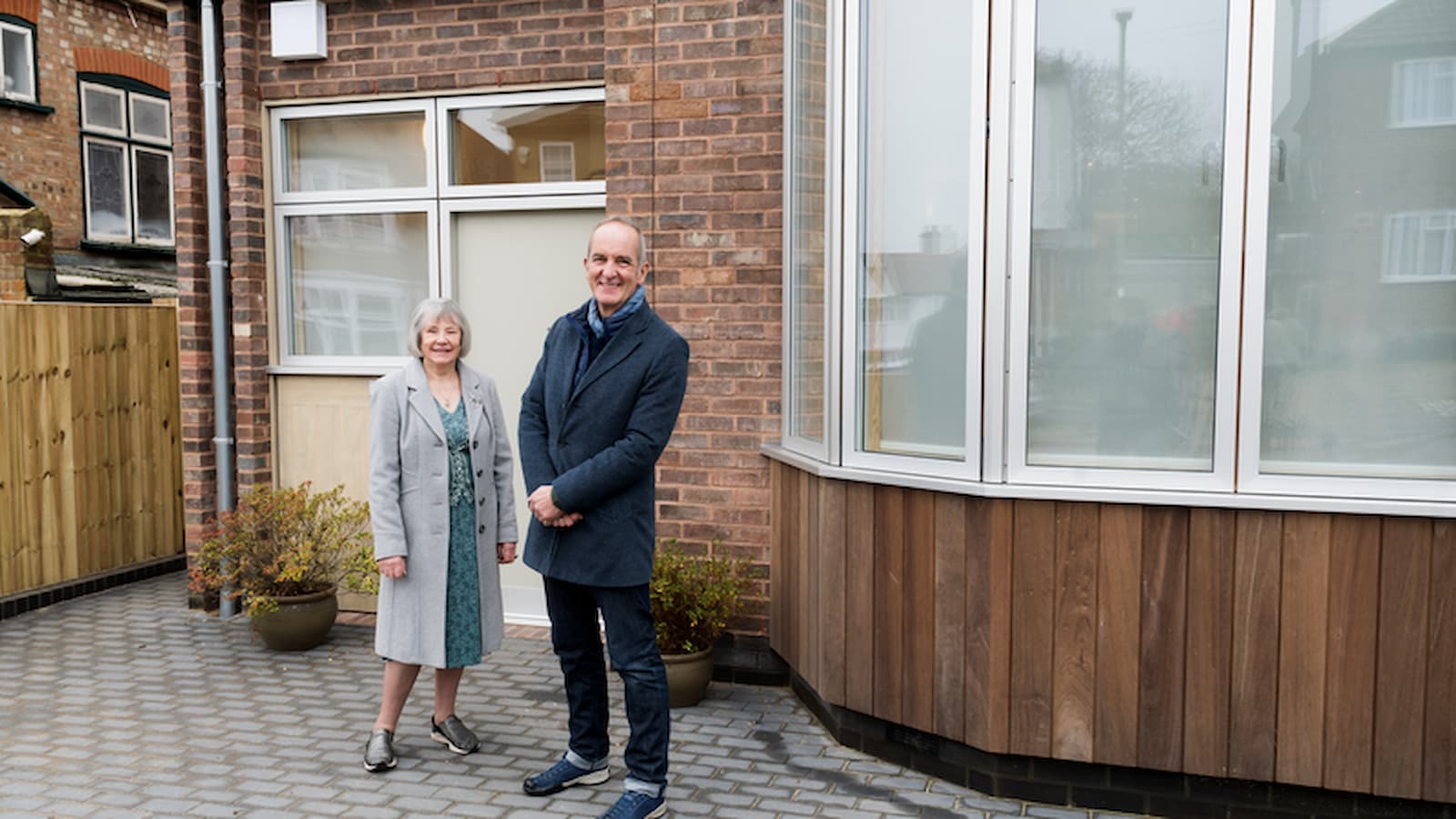Sarah Beeny faces demolition order after building extension without planning permission
Sarah Beeny carried out renovations to her self build on her Stoney Stoke estate whilst filming a TV series

TV personality and property developer Sarah Beeny is challenging a Somerset Council order to demolish parts of her £3 million Stoney Stoke estate.
Beeny, known for her expertise in property, completed extensive renovations to her family home without planning permission arguing that the additions are in line with her vision for the rural estate and insists her improvements add value.
Here’s a breakdown of the planning dispute over her Victorian-inspired home, which Beeny and her family have been renovating since 2018.
What did Sarah Beeny build?
Sarah Beeny built her house in 2018 and since then she has made a number of modifications including an expanded balcony, French doors, and additional landscaping changes, including a treehouse, boathouse, and a Victorian-style greenhouse.
Originally, Beeny had been granted permission to demolish a 1970s farmhouse and construct a new home, however, she added several extensions and structural adjustments after starting the project, arguing that these features enhanced the aesthetic and functionality of the estate.
Much of this work has been documented in her Channel 4 series, New Life in the Country, which follows her journey in transforming the property into a stately home.
Beeny never gained planning permission for these changes and was forced to submit a retrospective planning application.
Get the Homebuilding & Renovating Newsletter
Bring your dream home to life with expert advice, how to guides and design inspiration. Sign up for our newsletter and get two free tickets to a Homebuilding & Renovating Show near you.
Why have the council rejected the application?
Somerset Council, along with Charlton Musgrove Parish Council, opposed Beeny’s retrospective planning application, stating that her modifications contradict the original permission to demolish and replace the farmhouse.
In rejecting her application in May, the council noted that the extensions and additional structures were unauthorised and deemed her approach inconsistent with the agreed-upon planning permissions.
Concerns were also raised over the impact of the project on local wildlife, particularly a known bat population, which under planning law requires Beeny to obtain a European Protected Species license and create a bat roost as part of a mitigation plan.
The Parish Council has also voiced objections to Beeny’s expanded use of agricultural land, arguing that her modifications blur the boundaries of what was approved.
“We find this retrospective application for an extension to a house that should have been demolished conflicting,” read a statement from the council, with members citing their worry about “the loss of agricultural land” and the increased footprint of the development.

Beeny files appeal with Planning Inspectorate
In response, Beeny has filed an appeal with the Planning Inspectorate, supported by a 125-page document from her design team, detailing the reasons for her changes.
Beeny argues that her modifications align with her vision of a classic Victorian-style country home that adds character to the rural landscape and provides her family with functional spaces.
“We’ve put so much thought into creating something that complements the property and the surrounding countryside,” Beeny explained in an interview, adding that the new additions, including a greenhouse and re-cladding of the barn, help integrate the estate into its environment sustainably.
Despite the council’s insistence on following planning guidelines, Beeny remains hopeful that her appeal will be successful, allowing her to continue developing the estate. Her supporters argue that the additions are carefully designed, maintaining the spirit of the countryside while modernising the home.

News Editor Joseph has previously written for Today’s Media and Chambers & Partners, focusing on news for conveyancers and industry professionals. Joseph has just started his own self build project, building his own home on his family’s farm with planning permission for a timber frame, three-bedroom house in a one-acre field. The foundation work has already begun and he hopes to have the home built in the next year. Prior to this he renovated his family's home as well as doing several DIY projects, including installing a shower, building sheds, and livestock fences and shelters for the farm’s animals. Outside of homebuilding, Joseph loves rugby and has written for Rugby World, the world’s largest rugby magazine.
